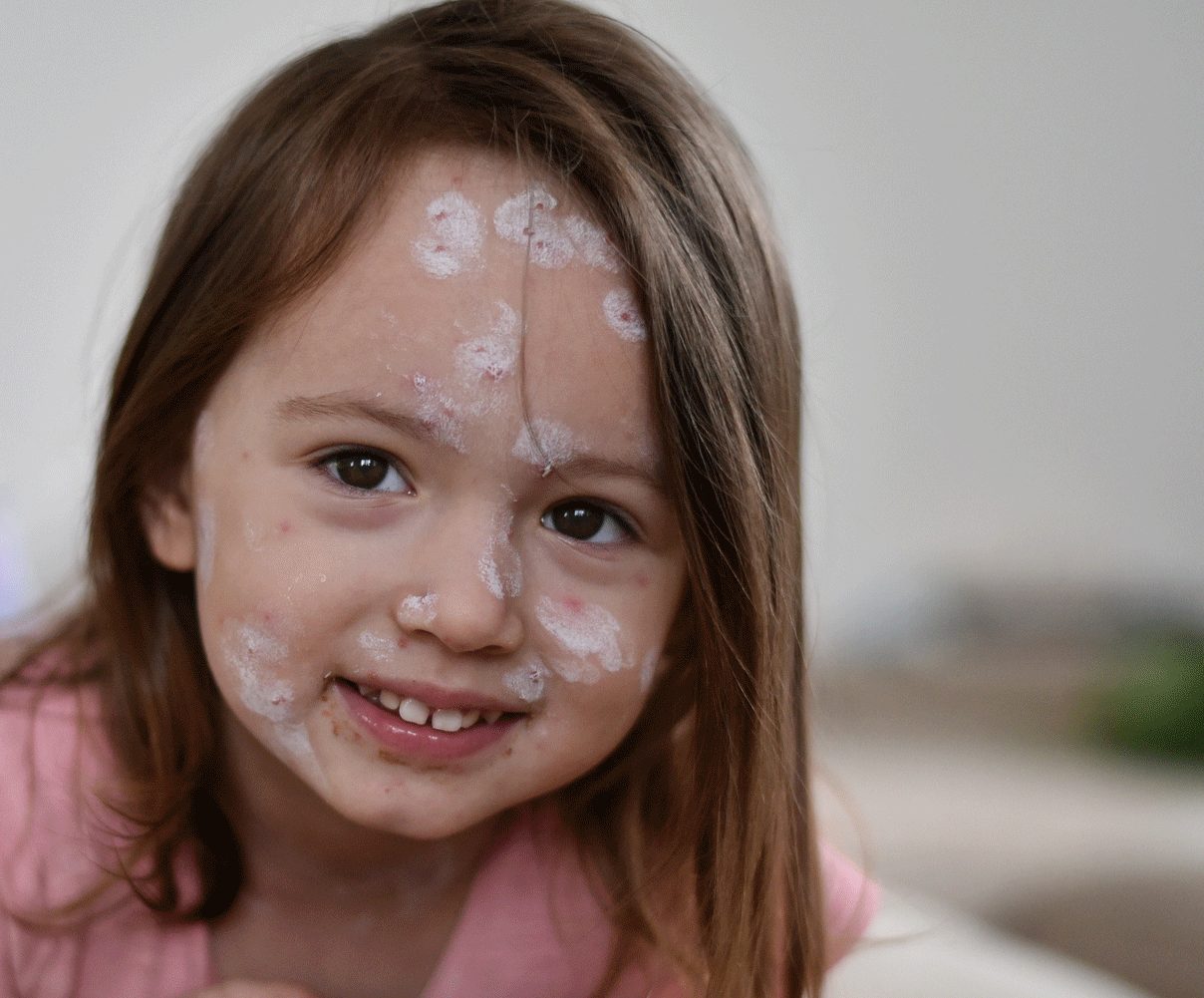What Is Chickenpox?

What is Chickenpox? In the past, children often got this virus, also called varicella-zoster virus, but cases have dropped since a vaccine became available.
What is chickenpox?
Varicella-zoster virus is the medical name for chickenpox. Nearly every child caught this virus before a vaccine came to the United States in 1995.
If you’ve caught chickenpox, symptoms develop from one to three weeks later. At first you might have a fever and headache and lose your appetite. A day or two later, you’ll see the tell-tale red or pink bumps on your skin, but you were contagious as soon as 48 hours before noticing them. You’ll remain contagious until every bump on your body turns into a blister and scabs over.
Chickenpox is extremely itchy, and new bumps keep appearing. It might take a week or even two before every scab falls off.
In some cases, chicken pox is serious. Before the vaccine was available, more than 10,500 people with chickenpox in the United States were hospitalized each year, and about 100 to 150 people died of it.
YOU MIGHT ALSO LIKE: Our Childhood Immunization Schedule
How can you avoid chickenpox?
Usually, you catch this virus either from contact with an infected person who coughs or sneezes near you, or you somehow touch fluid from her blisters.
But it’s very difficult to avoid contact with an infected child, since the rash doesn’t show up for a day or two.
To prevent chickenpox, vaccinate your child at 12 to 15 months old , and then between the ages of 4 and 6. Only about 2 percent of people who receive the vaccine ever develop chickenpox. Most children have no symptoms from the shot, or mild ones — much milder than a full case of chickenpox.
Once you’ve been vaccinated or had chickenpox, you’re usually immune. You might think it’s better to just get the illness over with, but it’s not possible to predict who will have a serious case.
What if your child becomes sick, and you have an infant in the home? The good news is that babies born to mothers who already had chickenpox are protected for about three months.
Unvaccinated adults who haven’t had chickenpox and live with children, or spend time with them, are at risk, especially if their immune system is weaker because of illness or medications they take.
Later in life, people who had chickenpox can sometimes develop a painful recurrence called shingles, but they can protect themselves with a vaccine. The Centers for Disease Control and Prevention recommends that healthy adults 50 years and older get two doses of Shingrix, separated by 2 to 6 months. This is a good idea even if you’ve already had shingles, received an earlier vaccine called Zostavax, or don’t know if you ever had chickenpox.
When is chickenpox more serious?
A doctor can diagnose chickenpox after seeing the blisters or from lab tests. Call right away if the rash spreads to your eyes or your child’s eyes.
If the rash is red, tender, and warm, your child may have a bacterial infection as well. Some people develop dizziness or shortness of breath.
Infants, older adults, people with weak immune systems, and pregnant women may end up with pneumonia if the virus enters their lungs, or bacterial infections in their skin, joints, or bones.
Chickenpox during pregnancy can lead to birth defects — including eye problems and intellectual disabilities — in your newborn.
How is chickenpox treated?
In most cases, you just need to stay away from other people. Antihistamines, oatmeal baths, and calamine lotion can relieve itching. Take Tylenol for fever or pain. Avoid ibuprofen, as it can make you ill. Never give aspirin to children under 16; it can lead to a serious complication called Reye’s syndrome. Wear soft, lightweight clothing. Most people can go back to their usual routine within two weeks.
Antiviral drugs can slow the course of the illness for people at risk of complications.
Updated:
March 28, 2023
Reviewed By:
Janet O’Dell, RN